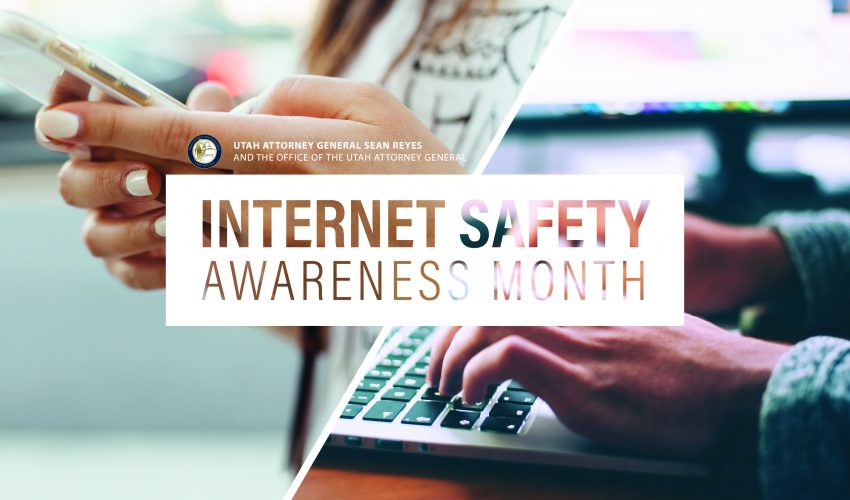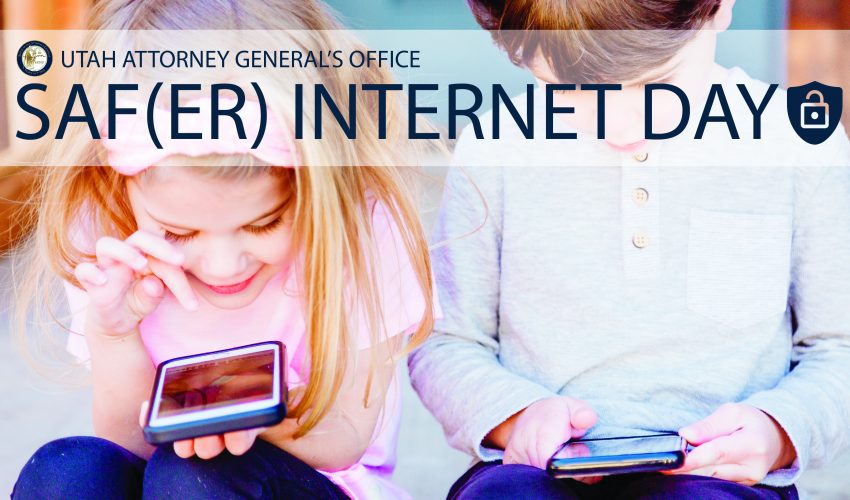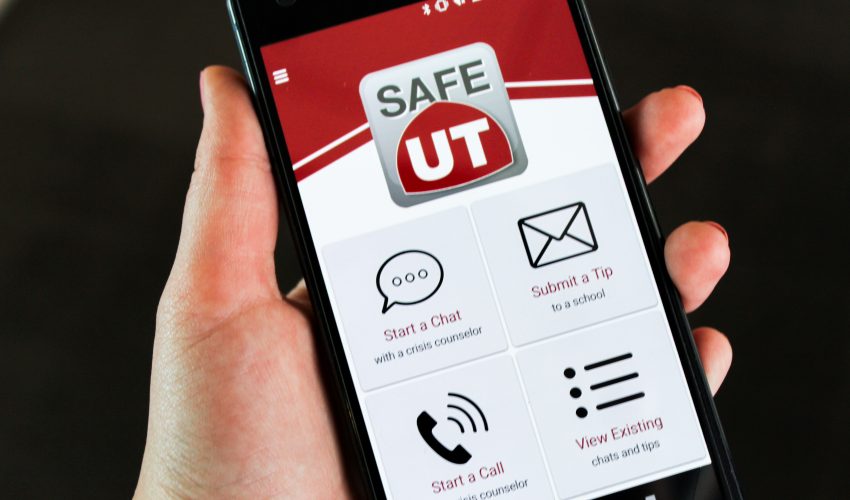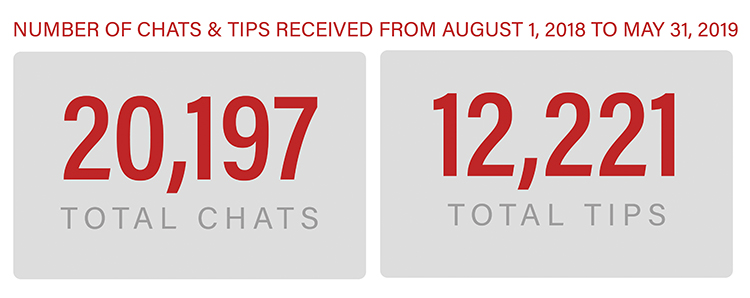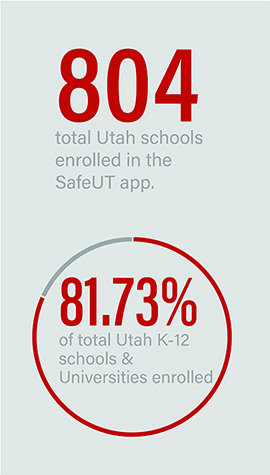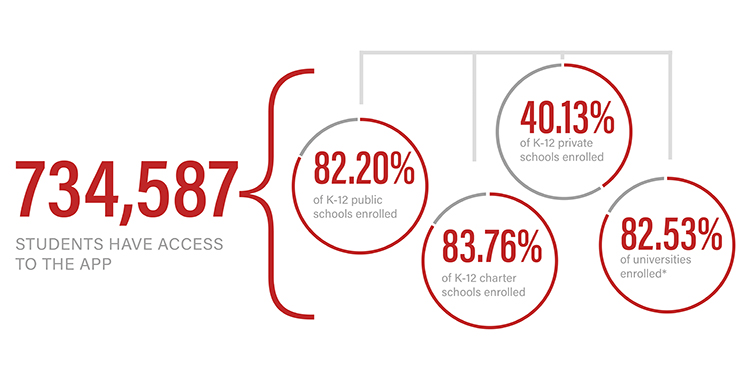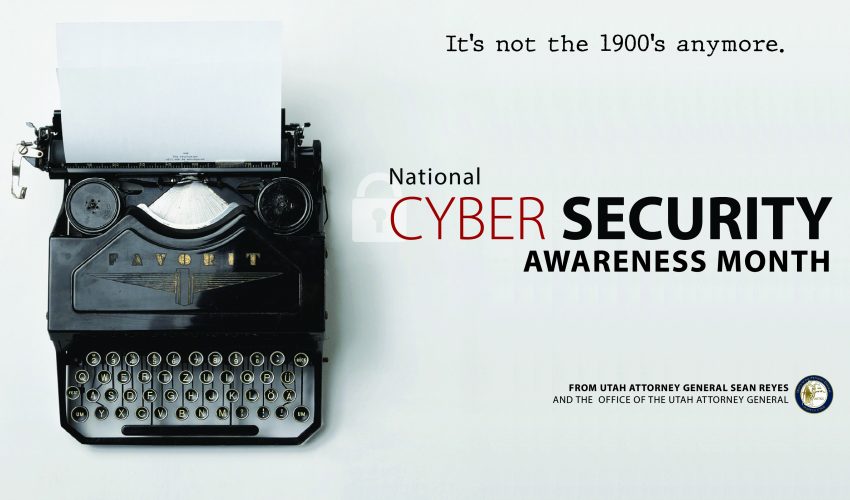FOR IMMEDIATE RELEASE
September 29, 2020
ATTORNEY GENERAL REYES CHALLENGES UTAHNS TO TAKE THE SAFETY PLEDGE IN NEW INITIATIVE TO KEEP CHILDREN SAFE ONLINE
SALT LAKE CITY – Utah Attorney General Sean D. Reyes is challenging Utahns to join him in a new safety campaign called “The Safety Pledge” to raise awareness of the risks that children face online, and in order to empower the children in their lives to respond to those risks safely. He has recorded a video taking the pledge and is challenging all Utahns from across the state, as well as state and local leaders, regardless of political affiliation, to join him in signing the Safety Pledge. Watch his video here.
The National Center for Missing and Exploited Children (NCMEC) is launching the Safety Pledge, a new campaign in cooperation with the White House. This initiative aims to provide free resources from the National Center for Missing and Exploited Children (NCMEC) to help parents, educators and other caregivers work together on protecting children online from exploitation and trafficking.
Today, Tuesday, September 29, NCMEC formally launched the Safety Pledge website. The website contains practical toolkits about internet safety. It also contains a Safety Pledge, which individuals can digitally sign and make their formal commitment to safeguarding children online. Attorney General Reyes is asking for individuals across the state to sign NCMEC’s Safety Pledge and join in our collective effort to prevent online child exploitation and trafficking.
The Attorney General’s Office invites everyone in the community to join this pledge. Strong participation is essential in order to spread the word about the information on this website that is designed to keep kids safe from the risks they face online. Check out the Attorney General’s Office social media for more about the Safety Pledge.
This morning, NCMEC conducted a webinar that provided training for teachers, parents, and caregivers on ways to protect children online. The program included remarks from senior officials from the White House, the Department of Justice, and the Department of Homeland Security. Watch the webinar, sign the pledge, and learn more at SafetyPledge.org.
###

